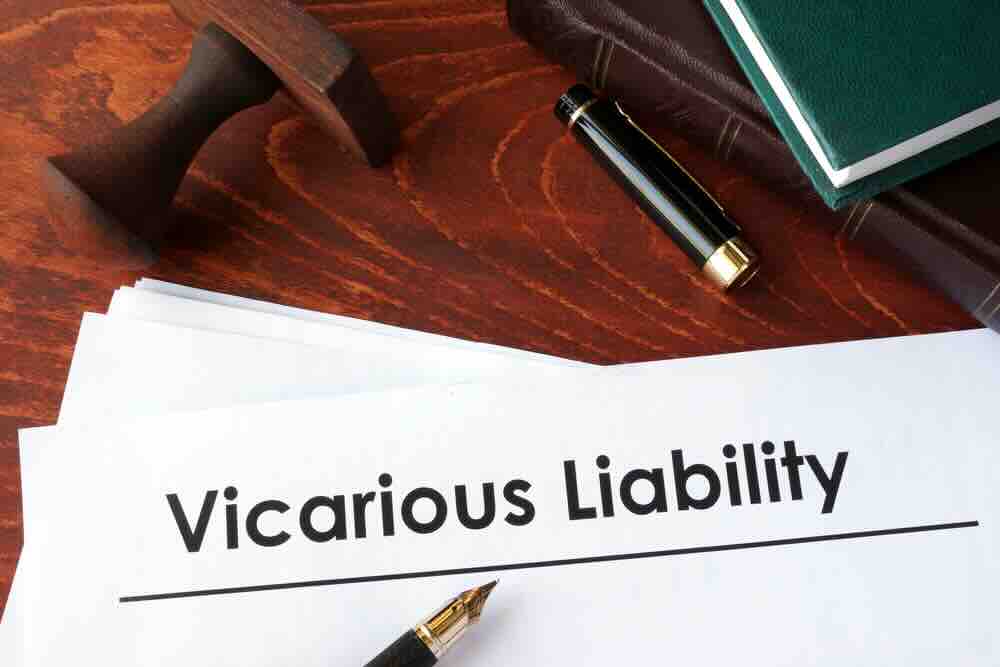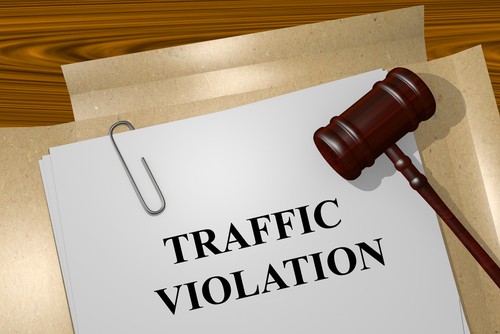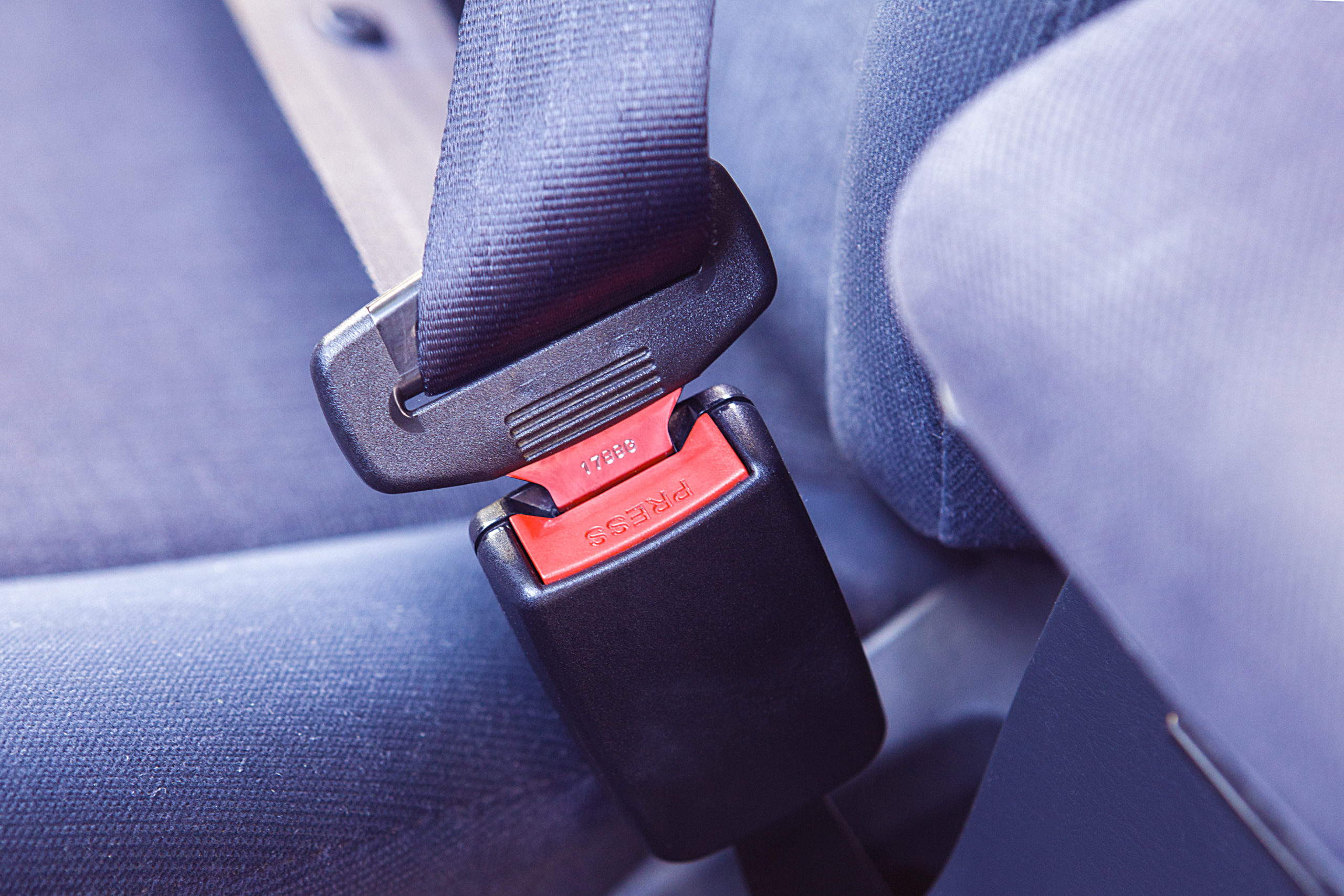It is no secret that a vehicle’s value depreciates when driven off the dealership lot. The longer you drive it, the more value it loses. But what is a diminished value claim, and how can it impact you?
If you are unfortunate enough to be in a car accident, your vehicle’s value takes an even bigger hit. If your vehicle suffered any damage, even if it has been repaired, it is now worth less than it was before the accident.
Note: Baumgartner Law Firm only handles car accident injury cases and does not handle property damage claims.
This is called diminished value, and it is important to know that you may be entitled to compensation for it if your vehicle was damaged in an accident that was not your fault.
Regardless of the quality of the materials used to repair your vehicle or how expertly the repairs were carried out, your vehicle will never be worth as much as it was before the accident. Many do not realize this until it is too late. While it doesn’t seem right that the value of your car will decrease just because it was involved in an accident, it is the reality.
If you were not at fault in the accident, the other driver’s insurance company should pay you for the diminished value of your vehicle and your personal injury claims. Unfortunately, insurance companies are notorious for lowballing or denying these claims. This is where a personal injury lawyer can help.
The experienced car accident injury lawyers in Houston at Baumgartner Law Firm know how to calculate your injury damages. And can advise you on the diminished value of your vehicle.
Diminished Value Car Accident Claims Explained
If you’ve been in a car accident, you may be entitled to file a diminished value claim. This type of claim is designed to reimburse you for the loss in value your vehicle has suffered because of the accident. A diminished value claim allows you to recover the difference between your car’s pre-accident value and its current value if your car is not a total loss.
To successfully file a diminished value claim, you must prove that the accident caused your vehicle to lose value. This can be done by obtaining a professional appraisal of your vehicle’s value before and after the accident. The appraiser will consider the vehicle’s make, model, age, mileage, and condition to determine its pre- and post-accident value.

It’s important to note that not all insurance companies are willing to pay out on diminished value claims. This is one of the reasons why you may need to hire a personal injury lawyer to help you negotiate with the insurance company.
If you can prove that your vehicle has lost value because of the accident, you may recover the difference from the at-fault driver’s insurance company. Simply put, if your car is worth $10,000 before the accident and $9,000 after the accident, you may be able to file a diminished value claim for the $1,000 difference.
Is Diminished Value Negotiable?
The answer to this question is, unfortunately, not a simple one. Every personal injury case is different; therefore, the amount of diminished value that is up for negotiation will vary. However, there are some diminished value calculations that personal injury lawyers commonly use to create a starting point for negotiations.
One of the most common methods used to calculate diminished value is the 17c formula. This formula calculates the reduced value of the vehicle and uses a formula based on how many miles you have on the car.
You will need to gather information about your car to use this formula. You will also need to know how much your vehicle is worth. Once you have this information, you can plug it into the formula and generate a number.
Another method used to calculate diminished value is the market approach. This approach considers the prices of similar vehicles in the market and how much they have sold.
This method can be more challenging to calculate as it requires research on comparable cars. However, it can be a more accurate way to calculate your vehicle’s diminished value.
How to Get a Diminished Value Auto Appraisal
Suppose you anticipate that the insurance company will lowball you on your vehicle’s post-collision value. In that case, you can hire a professional appraiser to conduct a diminished value appraisal.
There are two types of appraisals:
- A desk appraisal is conducted without physically inspecting the vehicle. The appraiser will use market data to determine the value of your car.
- An appraisal with an inspection is conducted by a professional appraiser who will inspect your vehicle in person.
- If your vehicle is relatively new, you may be able to get a diminished value statement from the salesperson you bought your car from new. This would be the least expensive approach.
The appraisal you choose will depend on the severity of the damage to your vehicle and how much you are willing to spend on the appraisal. If you decide to hire an appraiser, make sure to hire a reputable one who is familiar with Texas laws. You should also get the appraisal in writing to have documentation to back up your claim.
How to File a Diminished Value Claim
In Texas, you have two years from the date of the accident to file a personal injury or a diminished value claim against the other driver. If you decide to file a diminished value claim, you must send a demand letter to the at-fault driver’s insurance company. The demand letter should include the following:
– Your contact information
– The date of the accident
– A description of the accident
– Photos of the damage to your vehicle
– Documentation of the repairs made to your vehicle
– The diminished value appraisal report
– Your calculation of the amount you are owed
Injury Claims Are Separate from Diminished Value Property Damage Claims
It’s important to note that diminished value claims are separate from personal injury claims. You can file a personal injury claim even if you do not file a diminished value claim.
An injury claim is made to recover damages for personal injuries in an accident. These claims are made against the at-fault driver’s insurance company. Filing an injury claim will not reduce the value of your vehicle.
So, if you’ve been in an accident and your car is totaled, you would make a personal injury claim. If you were injured, you would file a diminished value claim if your car was worth less than it was before the accident.
Have you recently been injured in an accident? If your car were totaled, you might wonder if you can file a diminished value claim. If your car is repairable, you may have a diminished value claim.
If your car were a total loss, you would be owed the vehicle’s fair market value plus tax, title, and license fees in Texas. If you have any questions about diminished value or personal injury claims, contact our personal injury lawyers in Houston.
Baumgartner Law Firm only handles car accident injury cases and does not handle property damage claims.
If you were hurt in a car accident, contact Baumgartner Law Firm at (281) 587-1111 in Houston, or complete our online contact form.
6711 Cypress Creek Pkwy, Houston, TX, 77069
Visit our Law Firm in Houston
Related Resources:













